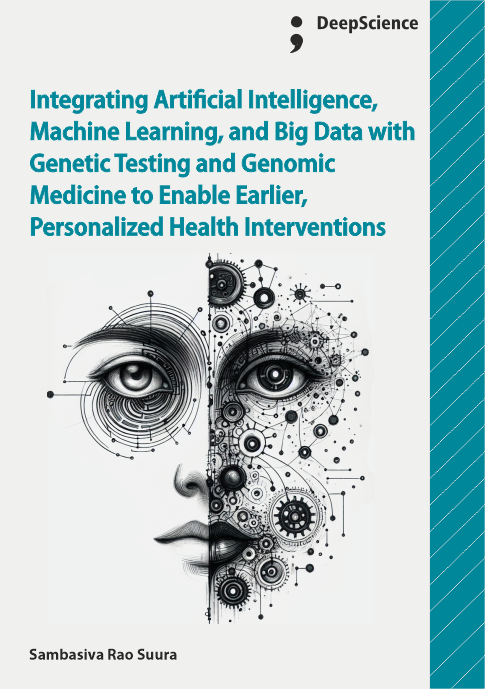Artificial intelligence in action: Accelerating diagnosis and treatment plans through genomic pattern recognition
Synopsis
Artificial intelligence (AI) is revolutionizing many industries, grabbing the biggest headlines in self-driving cars, computer games, and particularly in healthcare. Its capability to digest vast amounts of raw data has immense transformative potential. In healthcare, where the volume and variety of data are both huge and complex, AI could have the biggest impact of any sector. Diagnosis and treatment plan selection in traditional healthcare are often based on a repertoire of disease patterns regardless of the underlying condition. Genomic and other high-dimensional data have now added to these complexities. AI can analyze the extensive raw data of thousands of genetic mutations quickly and precisely to accurately diagnose a patient and present tailored treatment options, something unfeasible by human standards. Vital for diseases such as cancer, rapid and accurate diagnosis dramatically affects patient prognosis. Of similar importance, such tailored treatment strategies from genomic data can directly affect costly ongoing medication. This is far removed from traditional blindsided approaches to disease instigation (Botlagunta, 2024; Kumar, et al., 2025).
AI is fast showing transformative power in healthcare. The present and foreseeable roles of AI in genomic medicine are explored, focusing on pattern recognition in complex genomic data and suggesting the crucial need to begin integrating this technology into the healthcare framework. The current and future roles of AI in disease diagnosis are explored by initially examining non-genomic clinical practice. AI models are being designed to emulate clinical decision-making, patterns in electronic health records, and present clinical imaging datasets far exceeding human capacity. Recognized patterns could be generated, deciding on next steps, and streamlining workflows. Widely varying study design and model complexity have yielded overwhelmingly contradicting performance metrics in detection accuracy. On the clinical front, much is dependent upon the interpretation of observed phenomena. In this field, decades of study and experience can be rapidly outpaced by AI. However, the difficulty of replicating such knowledge in a machine remains an enigma. Here, a broader exploration of the current and future role of AI in the clinical landscape is provided. Prediction of regeneration success in complex multicellular tissues will further expand the clinical remit of AI in current diagnosis methodologies. Suggesting low-cost future work methodologies capable of detecting end-line organ failures at a much earlier stage, preventing the need for transplantation is mentioned. Harmony between the electrocardiogram, vectorcardiogram, echocardiogram, heart sound recordings, urinalysis, electronic health record, and a blood pressure monitor to diagnose heart disease has been implemented.













